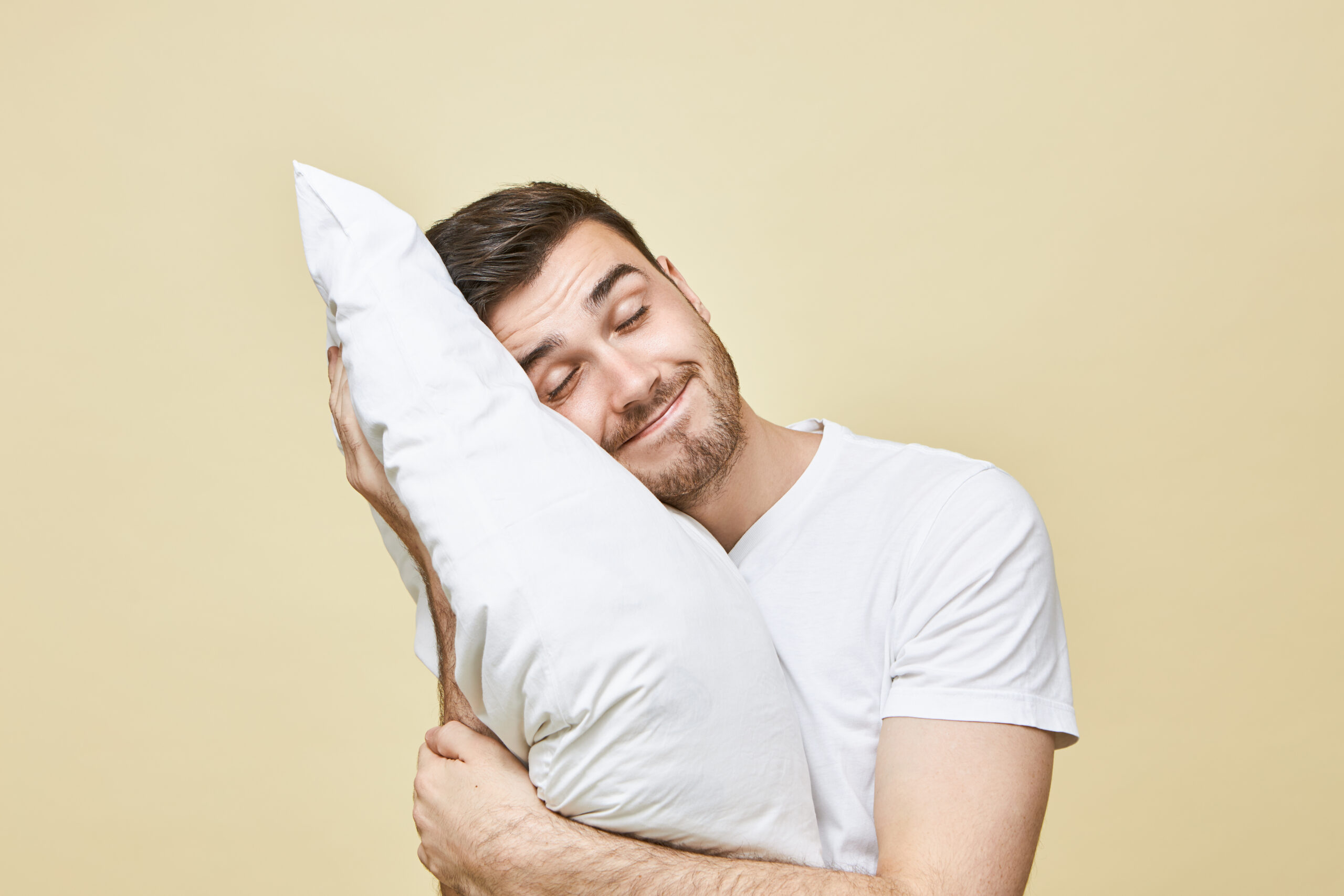The quality of our sleep slowly diminishes as a result of our lifestyle choices as well as various environmental and psycho-social factors. This is known as sleep disturbance and can be identified through many forms including excessive sleeping, restlessness, and a disrupted sleep-wake cycle.
Sleep disturbance can possibly cause the prolonged activation of the sympathetic nervous system, which can result in the secretion of adrenocorticotropic hormone (ACTH) and cortisol, both hormones that are correlated with stress. Sleep disturbance also causes the disruption of our circadian rhythm, which is vital for the regulation of our sleep-wake cycle. Our body’s circadian rhythm regulates tasks such as food consumption and physical activity, and if disrupted, can have short-term and long-term consequences ranging from daytime sleepiness and pre-sleep arousal to obesity, anxiety, cardiovascular disease, and depression.
Woman having trouble sleeping
Image Source: Oleg Breslavtsev
A team of researchers carried out a study on the mindfulness through the mobile app, Calm, and its effectiveness in treating primary and secondary outcomes of sleep disturbance, fatigue, daytime sleepiness, and pre-sleep arousal. The app was originally designed for users with mental health conditions such as anxiety and depression, but other studies have shown that Calm also has an effect on sleep disturbance in adults without diagnosed mental health conditions.
In this particular study, the participants were asked to use the Calm app for more than 10 minutes a day for eight weeks. The experimental group’s results were then compared to the control group. The researchers found that the experimental group had significantly decreased daytime fatigue, daytime sleepiness, and pre-sleep arousal compared to the control group. Due to the decrease in sleep disturbance effects within the experimental group, it was shown that the Calm app was associated with improved sleep quality. Consequently, this randomized controlled trial demonstrates the Calm app’s ability to treat sleep disturbance effects such as fatigue, daytime sleepiness, and pre-sleep arousal in adults.
Featured Image Source: Anatoliy Karlyuk










